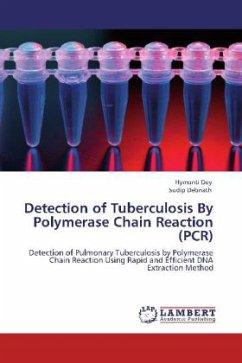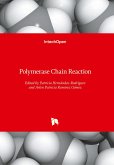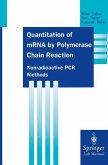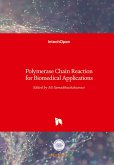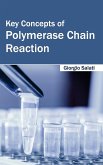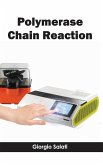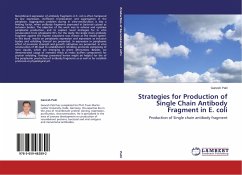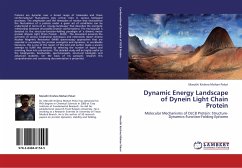The polymerase chain reaction (PCR) has recently been investigated for detecting Mycobacterium tuberculosis in clinical specimens and appears to have significant potential as a rapid, sensitive, and specific assay for diagnosing infections caused by this organism. One of the remaining issues regarding the use of this technique is the extraction of DNA from clinical material prior to performing the PCR. It requires the use of DNA extraction method that can efficiently lyse mycobacterial cells and recover small amounts of DNA. The method of heating the sample in a boiling water bath to break down the bacterial cell wall and to release the DNA was compared with that of enzymatic lysis of bacteria and then phenol-chloroform extraction of DNA (Modified chemical method). Modified chemical method was better than just boiling the sample to remove DNA for amplification with PCR. In this study 140 sputum samples were collected from suspected prisoners at Dhaka Central Jail. All of those samples were prepared by two DNA extraction methods and examined by PCR, and the results were compared with the results of acid-fast stained smears and cultures.
Bitte wählen Sie Ihr Anliegen aus.
Rechnungen
Retourenschein anfordern
Bestellstatus
Storno

